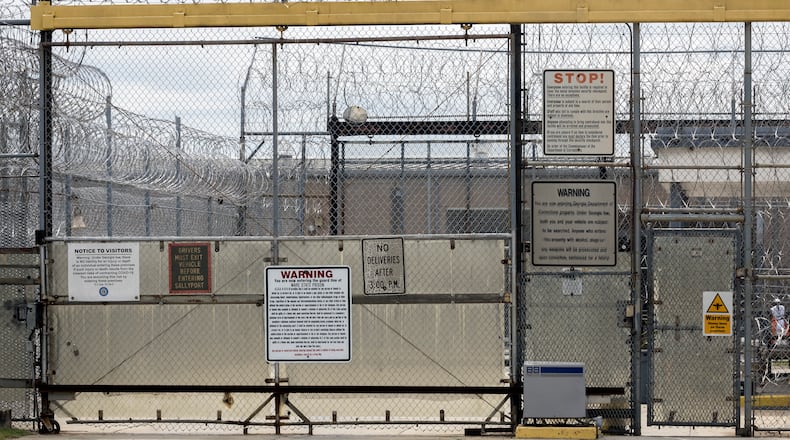The Georgia Department of Labor is launching a program aimed at providing guidance and preparation for people who are incarcerated to improve their chances of finding good jobs when they reenter the workforce.
Starting next month, the “Walking the Last Mile” pilot program will at first depend on volunteers who will meet with people in their final months within the justice system. They will help them assess their skills, conduct mock job interviews and help in “packaging” skills in ways that will appeal to employers, said Bruce Thompson, the state’s labor commissioner, in an interview with The Atlanta Journal-Constitution.
While there are already some programs for those leaving incarceration, the DOL intends to complement them, he said.
“The challenge is when someone is transitioning from incarceration back into the workforce, the world they are moving into is completely different than the one they are coming from,” Thompson said. “Our goal is to be the ‘headhunter’ for them as they look for employment.”
About 95,000 people are incarcerated in Georgia, most in prisons and local jails. That amounts to about 968 for every 100,000 people, according to the Prison Policy Initiative, a non-profit organization that tracks the issue nationally.
That is the third-highest rate in the United States, behind Louisiana at 1,094 and Mississippi at 1,031, the group reported.
Nationally, 664 out of 100,000 are incarcerated, the group said. That compares with 129 in England, 104 in Canada and 33 in Iceland.
Between 14,000 and 16,000 people leave incarceration in Georgia every year.
A few dozen people may be in the first group — “could be 25, could be 50,” Thompson said.
Hopes are to see success in that first group and then look to grants as well as help from the state Legislature to hire staff and expand, he said. “Our goal is to be getting 500 to 1,000 people through this within two years.”
Making it easier for “returning citizens” to find good jobs helps them avoid trouble, and will also help many companies that have been struggling to find the workers they need, Thompson said. “It’s not hard to see. We’ve got the need everywhere.”
While relying on volunteers at the start, the program will be managed by Joe Argo at the Department of Labor, with the objective of eventually reaching many of the state’s prisons. Walking the Last Mile will launch at the Metro Reentry Facility in Atlanta, which houses people who are near release.
“Every person deserves a second chance,” said Yolande Fraser, the facility’s deputy warden, in a statement.
The DOL program is a good idea, for the formerly incarcerated and for the society they will reenter, said Wade Askew, policy manager at the Georgia Justice Project.
“Barriers to reentry often translate to a barrier to employment,” he said. “And it’s economically smart. It’s a good investment for the community.”
The Georgia Justice Project had been advocating for changes in state law that will make it easier for formerly incarcerated people to earn the licenses and certifications needed for many jobs. The organization also advocates expunging some records of run-ins with the justice system, especially when there has been no conviction or incarceration.
“This kind of program works best with policy change,” Askew said.
NOTS Logistics , which handles shipments of goods for other companies, has some employees who have run afoul of the justice system. They’ve done well as employees and the company could hire from the new DOL program, said Nick Barnett, director of southeast operations for the Nashville-based company in a statement.
“NOTS Logistics was founded on the unwavering principle of treating everyone with Respect,” he said. “That means everyone.”
NOTS Logistics has three locations in Bartow and Gordon counties.
Like their other job candidates, people with an incarceration in their past are judged on their fit with the opening, Barnett said. “If an applicant is open and honest about their past, we work through the interviewing process on a case-by-case basis.”
About the Author
Keep Reading
The Latest
Featured



